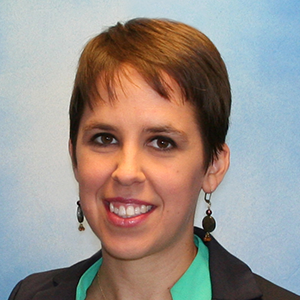Session Abstract – PMWC 2018 Silicon Valley
Session Synopsis: Individualized health, or InHealth, is a scientific approach to health promotion and disease management by combining clinical, genetic, lifestyle, and other data sources with sophisticated data analytics to improve health decisions in real time. This session will touch upon this comprehensive initiative using prostate cancer as an example.
Session Chair Profile
M.D., Donald S. Coffey Professor of Urology; Director, Brady Urological Institute, Johns Hopkins Medicine; Johns Hopkins University, School of Medicine; Professor of Urology, Oncology, and Pharmacology and Molecular Sciences
Biography
Dr. Pienta is a two-time American Cancer Society Clinical Research Professor Award recipient. Dr. Pienta is co-Director of the Johns Hopkins University inHealth Signature Initiative, a trans-University, cross-disciplinary effort to coordinate and apply the intelligent use of population health data for individual patients. Clinically, theinHealth Initiative is being realized through the formation of Precision Medicine Centers of Excellence. The central tenant of the Precision Medicine Centers of Excellence is to create and foster a dynamic relationship with the patient as an equal partner in their care – for life. The patient partners with their disease – specific PMCOE for their care and participates in research by donating biospecimens, contributing outcomes data, and participating in clinical trials. Each patient is provided with optimal, non-provider biased, individualized clinical care based upon current scientific understanding. The PMCOEs provide the iterative data that allows for further sub-setting of disease states and refinement of care – creating the infrastructure and basis for a Learning Health System.
Speaker Profile
Ph.D., Assistant Investigator, Kaiser Permanente Washington Health Research Institute

Biography
Dr. Coley is an Assistant Investigator at Kaiser Permanente Washington Health Research Institute in Seattle, WA. Her research focuses on statistical methods for precision medicine, including prediction modeling, Bayesian hierarchical models, and joint survival and longitudinal data analysis. In collaboration with colleagues in the Department of Urology at Johns Hopkins Hospital, she has developed a risk prediction model to inform a personalized management program for men diagnosed with low risk prostate cancer that is now being used in the clinic. Dr. Coley received her PhD in Biostatistics from the University of Washington in 2014 and completed a postdoctoral research fellowship with Scott Zeger in the Department of Biostatistics at the Johns Hopkins Bloomberg School of Public Health in 2016.





